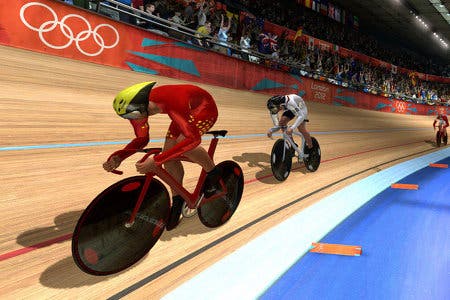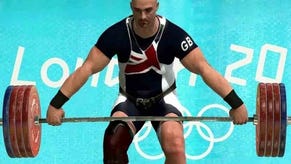London 2012 Review
A sporting chance?
Are you looking forward to the London Olympics? I've tried my best to stay chipper about it all. I gamely tolerated the shambolic tickets lottery in the earnest hope of getting to see some track and field - and ended up with swimming, the sporting equivalent of watching a dreary shade of paint that never dries.
I've winced at the breathtaking cynicism and tyrannical contempt of the restrictions imposed on anyone and anything daring so much as to daydream an inadvertent sporting association with "2012" and "London". At least I had a good laugh at the worst logo in the world, a snip at £400,000, and those ridiculous mascots created by an agency I wouldn't trust to design a cat flap.
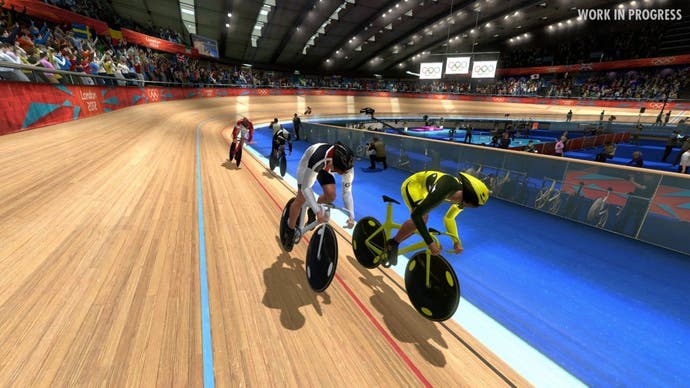
But the final straw, living as I do in east London, where most of the Games will take place, was when the letter came through from my landlord, kindly informing me I was out on my ear so they could try to cash in on what local estate agents are grandly terming an "Olympic let".
So you may assume, reader, that my reserves of Olympic spirit were close to exhausted when Sega's officially licensed game of The Games arrived - and the only torch I desired to wield was one to ignite One Canada Square with, near the top of which event organiser LOCOG has its lair and which is, by sinister coincidence, visible from my living room.
I imagined Sebastian Coe fixing his menacing stare upon me like Sauron as I turned on the Xbox, set up Kinect and slotted on my 3D specs. Things didn't start well. The game has one of the weirdest title screens I've seen: a rear shot of a pasty man, standing on a diving platform, his tiny bottom clad in Speedos. But the real surprise was that, while London 2012 the game is a standard exercise in box-ticking inclusivity, its tone is cheerily enthusiastic. Sport, at last, without the cynicism.
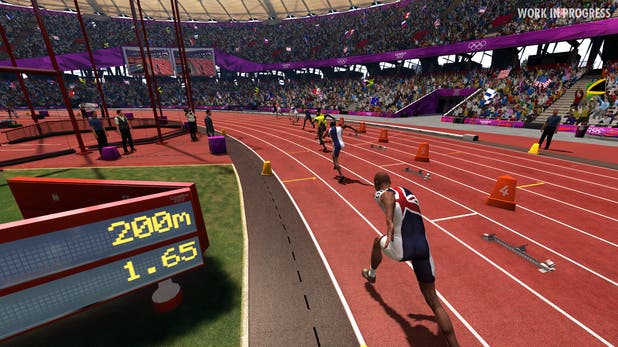
The game offers 40-odd individual events, divided by discipline: track, field, swimming, diving, shooting, archery, gym and the ultimate in obscurity: "other". Each is held at its correct London venue, so you get an early glimpse - via some slick between-round animations and the events themselves - of what it'll be like to watch on the telly.
You can probably guess how it plays: a mix of button-bashing, button-matching, rhythmic application of the shoulder buttons and sticks, and a careful aim and quick reflexes when required.
As is the nature of this genre, it's a mixed bag. The best events I tried in multiplayer (the game supports up to four players at once) were the shooting ones and - oddly, given my previously expressed opinion - the hypnotically satisfying rhythms of swimming. Table tennis also went down a treat with non-gamers, its simple right-stick controls for the easy application of spin smoothing the way for some fun, intense rallies.
Rather than the traditional Track & Field spam-till-your-fingers-bleed approach, Sega's Aussie studio has opted for a gentler method where going too fast overfills the power gauge, so it's more about finding the right rhythm and less about wearing your skin to the bone. It's all very safe and uninspired for the most part, but functionally sound (until Kinect gets involved, but I'll come to that shortly). There's a Party mode, in which a minimum of two players tackle a series of challenges to earn enough stars to progress to the next (although the unlock requirements are set a bit too high for carefree play).
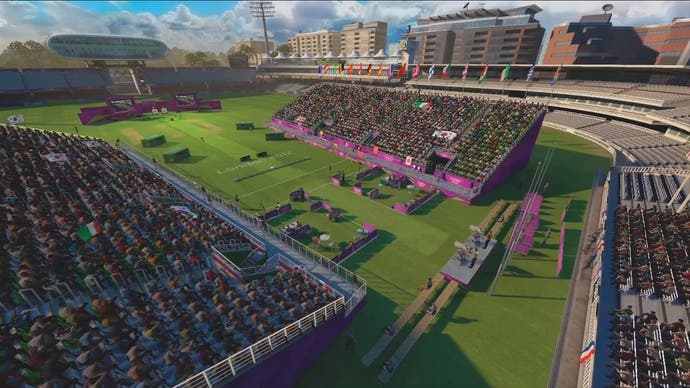
Events can also, obviously, be performed individually, or you can create specific playlists of your favourites. The meat of the experience, though, is found in the campaign, where you choose a nation to represent and proceed day-by-day through an approximation of the real tournament.
So far, so formulaic, but what makes this stand out is the quality of the commentary from the team of BBC reporter Seth Bennett and ex-athlete Allison Curbishley. Though the latter pretty much phones her lines in, Bennett achieves that rarest of tricks: to sound genuinely enthusiastic and engaging in a recording booth. He's helped by a script which, while it does become repetitive during intros and outros, is cleverly tailored so that his words dynamically and convincingly keep up with the action, with specific references to positions as opposed to generic filler. The difference this makes becomes painfully clear outside of the campaign, where the Bennett-Curbishley double act is replaced by Generic American Man, who sounds like he'd have more fun narrating his own suicide.
It's not exactly game-changing, but it livens up the single-player sufficiently (normally the dead-zone of the genre) as you work to beat personal bests and leaderboard scores. There is online play, but prior to release I've yet to find any willing and able online Olympians to challenge. More generally, there's also a "National Pride" counter, that pools all the medals achieved globally and ranks them according to territory. No option, alas, to filter by "National Shame".
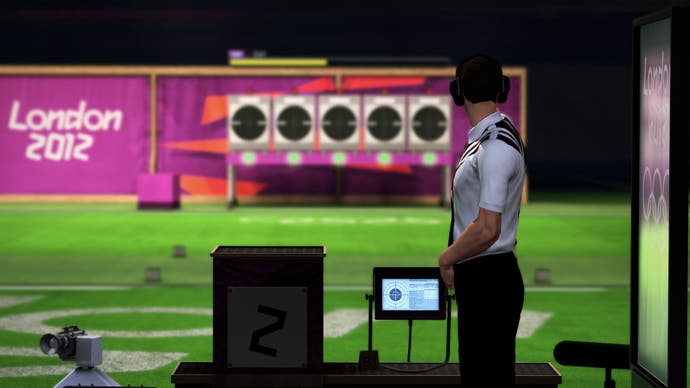
Kinect support is no surprise, but its inclusion is half-hearted at best. A minority of events are compatible and of those, volleyball, tennis and kayaking proved pretty disastrous in practice, while the ones that worked best - sprinting, hurdles, cycling - kept things as undemanding as possible. In pure running events, for example, you're not even required to move your legs at all: you simply waggle your arms (although you are supposed to jump over hurdles, at least).
Young 'uns will likely enjoy the simplicity, but it's yet another title that makes a mockery of that "Better With Kinect" slogan on the front of the box. At this stage, Microsoft would be better off selling ironic t-shirts to students with it printed on.
3D was a less expected addition, certainly on 360, and on this platform at least it really wasn't worth the bother. Enable it and recoil at the sudden jaggedness of every straight edge on the screen! Since I can't imagine anyone would buy this on the strength of stereoscopic support, it's hard to fathom why they'd consider the job worthwhile unless it was a contractual obligation.
Overall, London 2012 is a lot better than I expected on a presentational level and in its best-realised events. But the lazy repetition of dull mechanics throughout the poorer activities (gymnastics, diving) means there's as many bores as scores. It lacks the iconography and charm of Mario & Sonic's Olympic outings and the creative scope to include that series' trippily enjoyable Dream events; neither is it as polished or accomplished as Rare's Kinect Sports series.
Not that anyone expected it to be, but it's not a bad game either. And if, somehow, your household's excitement for the Games has yet to be killed dead by the build-up, it's possibly the last remaining official refuge from all that's depressingly wrong with the real thing. An Olympic achievement in itself.
